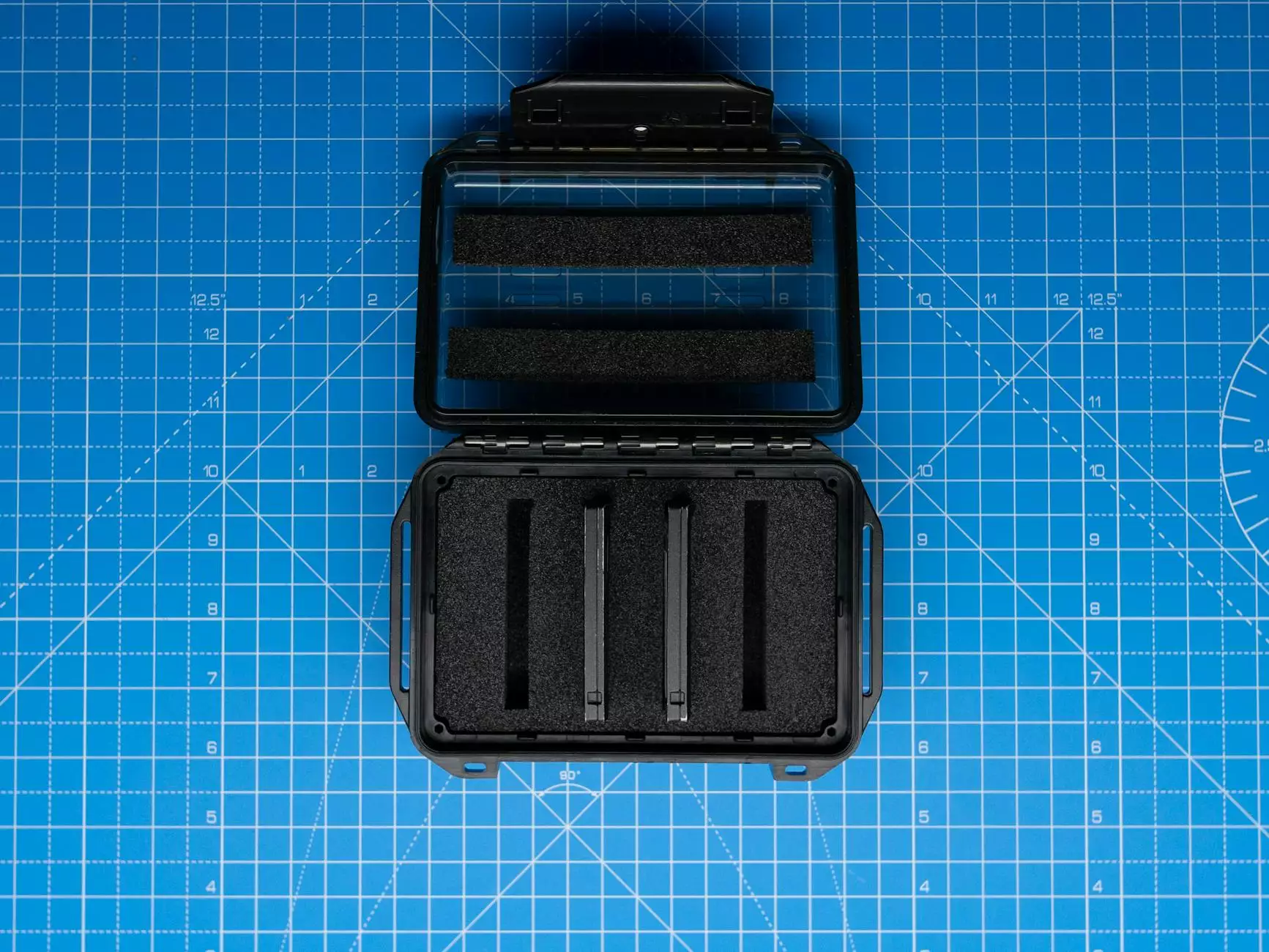Ultimate Guide to Computer Memory Recovery

In today’s tech-driven world, the reliance on digital data is more significant than ever. Whether you are running a business or simply enjoying the digital conveniences of life, the importance of data storage cannot be overstated. However, what happens when you suffer from data loss, and your computer memory is compromised? This is where computer memory recovery comes into play. In this comprehensive article, we will explore the intricacies of computer memory recovery, its significance, and how you can effectively safeguard your digital assets.
Understanding Computer Memory
Before delving into computer memory recovery, it's crucial to understand what computer memory entails. Computer memory refers to the components in a computer that store data temporarily or permanently. It can be categorized into:
- Volatile Memory - This type of memory requires power to maintain the stored information. Examples include RAM (Random Access Memory).
- Non-Volatile Memory - This memory retains data even when powered off. Common examples include SSDs (Solid State Drives), HDDs (Hard Disk Drives), and flash drives.
Issues arise when data stored in these memories become corrupted, accidentally deleted, or lost due to hardware failures. Understanding the types of memory is vital in knowing how to approach recovery.
Common Causes of Data Loss
Knowing the common causes of data loss is integral when considering computer memory recovery solutions. Here are some prevalent reasons:
- Accidental Deletion: An oversight can lead to important files being deleted.
- Hardware Failure: Mechanical issues within HDDs or failures in SSDs can lead to data inaccessibility.
- Virus Attacks: Malware can corrupt files, leading to loss.
- File System Corruption: Improper shutdowns or power failures can result in file system issues.
- Natural Disasters: Events such as floods or fires can cause physical damage to storage devices.
The Significance of Data Recovery
With the increasing amount of personal and business data stored on computers, the significance of data recovery cannot be understated. Losing vital information can have serious repercussions:
- Business Continuity: Data loss can halt business operations. Ensuring recovery processes are in place means minimizing downtime.
- Financial Implications: Recovering lost data can save companies money rather than facing the costs associated with data loss.
- Personal Memories: Photos and videos form an essential part of our lives. Losing such memories can be heartbreaking.
Best Practices for Computer Memory Recovery
While some data loss situations can be distressing, various practices can help in the recovery process. Here are the best practices to consider:
1. Regular Backups
Consistently backing up your data is the golden rule in data management. Utilize cloud storage solutions and external hard drives to maintain copies of critical files:
- Cloud Storage Solutions: Services like Google Drive and Dropbox can automatically sync and back up files.
- External Hard Drives: A physical backup is essential for data redundancy.
2. Utilizing Recovery Software
When data loss occurs, software solutions can assist in recovering files. Some popular computer memory recovery software includes:
- Recuva: An easy-to-use tool for recovering lost files.
- EaseUS Data Recovery Wizard: Comprehensive recovery features supporting various formats.
- Disk Drill: Offers quick and efficient file recovery options.
3. Seek Professional Help
In severe cases where DIY methods fail, seeking professional data recovery services is advisable. Companies like Data Doctor specialize in complex recovery scenarios:
- Assessment: Professionals assess the damage level before proceeding.
- Clean Room Facilities: For hardware repairs, facilities meeting ISO standards ensure safe handling of drives.
- Secure Recovery: Encrypted environments to protect client data during recovery.
Prevention Methods Against Data Loss
Preventing data loss is often easier than recovering it. Implementing preventive measures can secure your data effectively:
- Use Antivirus Software: Regularly update your antivirus software to protect against malware.
- Regular System Maintenance: Keep your system optimized, including defragmentation and performance checks.
- Educate Users: Raising awareness regarding phishing attacks and unsafe downloads can mitigate risks.
How DataDoctor.org.uk Can Help You
For individuals and businesses alike, partnering with DataDoctor.org.uk ensures you have a reliable ally in computer memory recovery. Their expertise covers a wide range of data recovery needs:
- Comprehensive Recovery Services: From file restoration to complete data retrieval from damaged drives, they handle it all.
- Bespoke Solutions: Customized strategies that fit specific data recovery scenarios.
- Home & Garden Data Requirements: Even in niche areas, their services extend to support data associated with home electronics and furniture.
Conclusion: Your Partner in Computer Memory Recovery
In the age of digital transformation, the threats to data integrity are ever-present. As we've explored, computer memory recovery is not just a reactive task; it’s a crucial component of effective data management strategy. By understanding the underlying issues, employing best practices for prevention, and knowing when to seek professional help, you can safeguard your valuable digital assets.
For guaranteed success in data recovery, look no further than DataDoctor.org.uk. With their expertise, you can tackle data loss challenges head-on and fortify your digital memory against future mishaps. Remember, prevention is always better than cure; stay informed, stay prepared, and keep your data secure.









